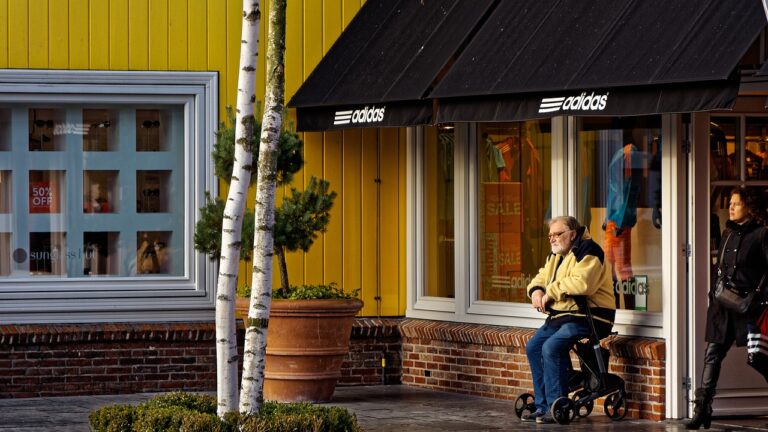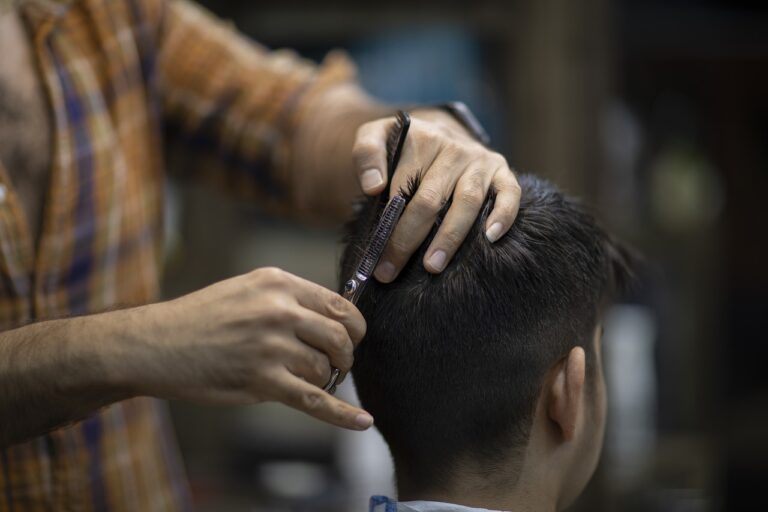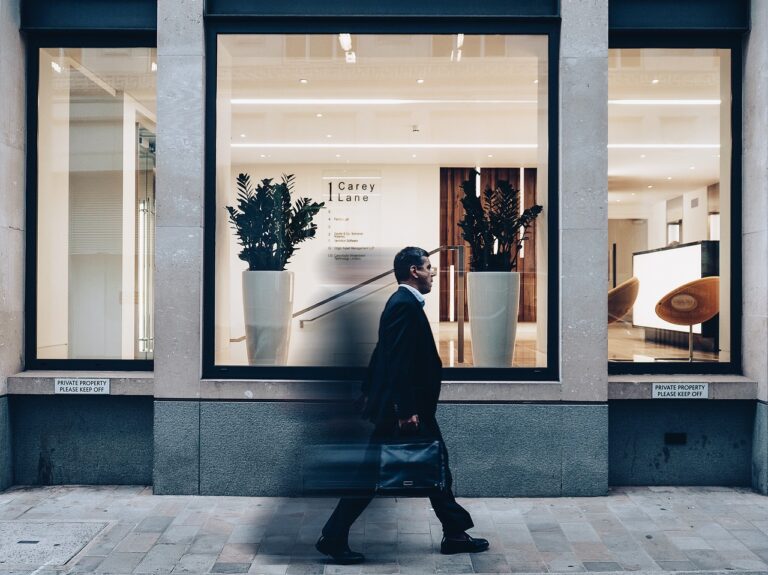The Impact of Social Media on Shopping Addiction
In the realm of marketing, influencers have become a powerful driving force in shaping consumer spending habits. Through their curated content and engaging personalities, influencers have the ability to sway their audience towards purchasing decisions that align with their recommendations. This has led to a shift in traditional advertising strategies, as brands now recognize the value of collaborating with these influential figures to reach their target market effectively.
With the rise of social media platforms, influencer marketing has experienced exponential growth in recent years. The accessibility and widespread reach of these platforms have provided influencers with a global stage to showcase products and services to millions of followers. This reach has allowed brands to tap into niche markets and connect with consumers on a more personal level, ultimately leading to increased brand awareness and higher levels of consumer engagement.
The Role of Social Media Platforms in Creating FOMO
Social media platforms have become powerful tools in shaping consumer behavior, particularly through the lens of FOMO, or the fear of missing out. With carefully curated content and real-time updates, these platforms constantly bombard users with glimpses into the lifestyles of others, presenting an idealized version of reality that can trigger feelings of inadequacy and a desire to keep up with the constant stream of trends and experiences.
The visual nature of platforms like Instagram and the immediacy of platforms like Snapchat contribute to the creation of a heightened sense of FOMO among users. Scrolling through feeds filled with seemingly perfect moments of travel, fashion, and social activities can instill a sense of urgency to participate in similar experiences or acquire similar products in order to feel included and relevant. This psychological phenomenon plays a significant role in driving impulsive buying decisions as individuals seek to alleviate the anxiety of missing out on what their peers are seemingly enjoying.
How Social Media Influences Impulsive Buying Behavior
Social media has become a powerful tool in shaping consumer behavior, particularly when it comes to impulsive buying decisions. The constant stream of curated content, enticing advertisements, and persuasive calls to action create an environment where consumers feel a sense of urgency to make immediate purchases without much deliberation.
Moreover, the interactive nature of social media platforms allows users to engage with products and brands in real-time, fostering a strong sense of FOMO – the fear of missing out. This fear of missing out on the latest trends or exclusive deals often drives consumers to make impulsive buying decisions in order to stay in the loop and be part of the online conversation.





